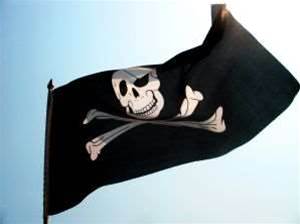
The suits span 14 states and target people and businesses that have allegedly sold pirated copies of Microsoft software.
Eight of the suits target companies that Microsoft refers to as "repeat offender software pirates". The eight firms had already been sued by Microsoft for selling counterfeit software.
Several of the suits also address pirated software pre-loaded onto PCs and then sold as bundled software, a process known as hard-disk loading.
"These legal actions are about protecting Microsoft's customers from falling victim to some dealers who operate a business model of peddling pirated and counterfeit software," said Microsoft attorney Sharon Cates.
"Some companies previously involved in these lawsuits have discontinued their illegal business practices. Others have not."
Microsoft has stepped up its pursuit of software pirates in recent years. The firm's Windows Genuine Advantage Programme warns users who often unknowingly purchase pirated copies of Windows, Office and other Microsoft offerings.
The company estimates that pirates counterfeited more than US$8 billion of software in the US alone in 2007.
Microsoft is warning users to be wary of unusual packaging, suspicious CD labels and the absence of a certificate of authenticity.


_(28).jpg&h=140&w=231&c=1&s=0)







 iTnews Executive Retreat - Security Leaders Edition
iTnews Executive Retreat - Security Leaders Edition
 iTnews Cloud Covered Breakfast Summit
iTnews Cloud Covered Breakfast Summit
 The 2026 iAwards
The 2026 iAwards












_(1).jpg&h=140&w=231&c=1&s=0)



